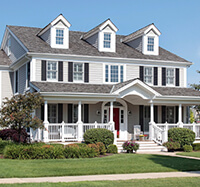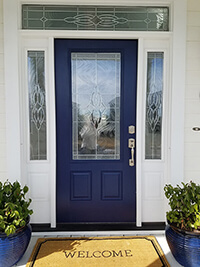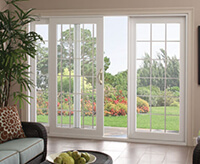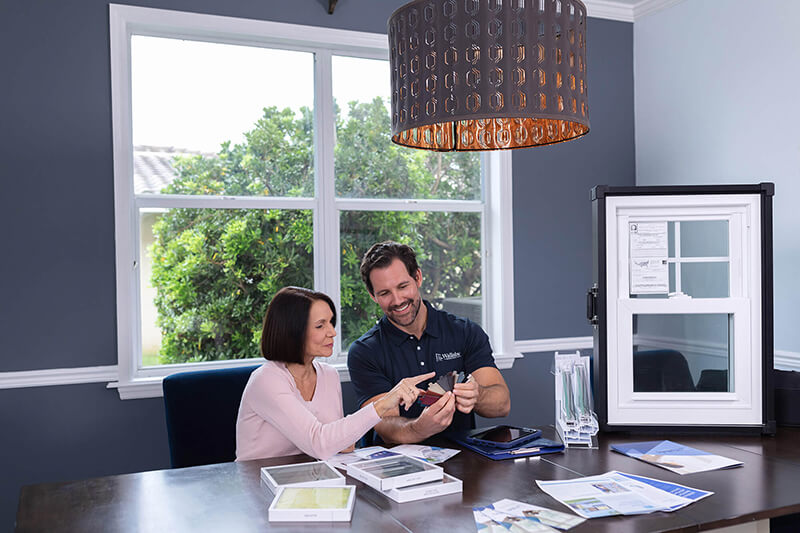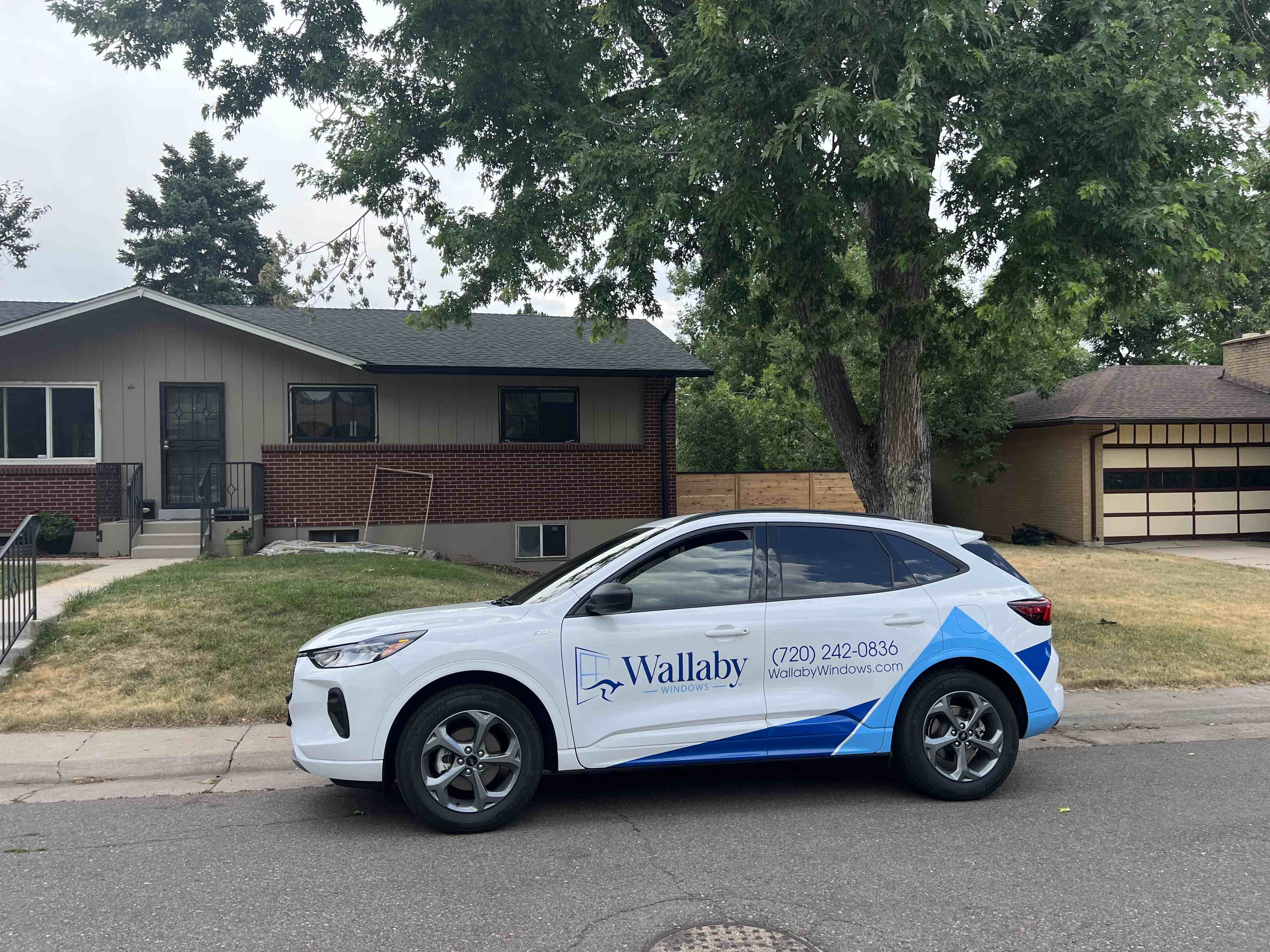
Should I Replace All the Windows in My Home?
Deciding to replace the windows in your home is a significant investment that can have long-term benefits, including improved energy efficiency, enhanced curb appeal, and increased property value. However, the question remains: should you replace all the windows at once, or is it better to do it in stages? This comprehensive guide will help you make an informed decision by examining the benefits, considerations, and potential pitfalls of replacing all your windows at once.
Benefits of Replacing All Windows at Once
1. Enhanced Energy Efficiency
Simultaneously replacing all your windows ensures that your home benefits from the latest energy-efficient technologies. Modern windows with double or triple glazing, low-E coatings, and insulated frames can significantly reduce energy loss, helping you maintain a comfortable indoor temperature year-round and potentially lowering your energy bills.
2. Improved Aesthetics and Uniformity
New windows can dramatically enhance the appearance of your home. Replacing all the windows at once ensures a consistent look and feel throughout the property, boosting curb appeal and creating a cohesive design. This uniformity can be particularly appealing to potential buyers if you plan to sell your home.
3. Increased Home Value
New windows are a valuable selling point. They indicate that the home is well-maintained and energy-efficient, which can increase its market value. According to various real estate experts, homes with new windows can see a return on investment of around 70-80%.
4. Cost Savings and Efficiency
While the initial outlay for replacing all windows at once can be high, it often results in cost savings in the long run. Many contractors offer discounts for bulk installations, and you can save on labor costs by having the job done all at once rather than in stages. Additionally, replacing all windows at once can reduce disruptions to your daily life.
Considerations Before Replacing All Windows
1. Budget Constraints
Replacing all the windows in your home is a significant financial commitment. It’s essential to assess your budget carefully and determine if you can afford the upfront costs. If the expense is prohibitive, replacing windows in stages might be a more viable option.
2. Window Condition and Urgency
Evaluate the condition of your existing windows. If only a few windows are causing problems such as drafts, condensation, or difficulty in operation, it might make sense to replace only those windows initially. Prioritizing windows in the worst condition can help spread out costs and address the most pressing issues first .
3. Home Renovation Plans
Consider your broader home improvement plans. If you’re planning major renovations that might affect window placements or styles, it might be worth coordinating your window replacement with these projects to ensure a harmonious design and avoid redundant work.
Potential Pitfalls of Replacing All Windows
1. High Initial Cost
The primary downside of replacing all windows at once is the high initial cost. This can be a significant burden, especially if unexpected issues arise during installation, such as structural repairs or customization needs.
2. Installation Disruptions
Replacing all the windows in your home is a large project that can disrupt your daily life. There will be noise, dust, and limited access to parts of your home while the work is being carried out. Planning the installation during a convenient time can help mitigate these disruptions.
3. Potential for Overkill
If your home has a mix of old and relatively new windows, replacing all of them might not be necessary. Windows that are still in good condition and performing well might not need immediate replacement, saving you money and reducing waste.
Alternatives to Replacing All Windows at Once
1. Phased Replacement
A phased replacement approach allows you to spread the cost over time. You can prioritize windows based on their condition, replacing the most problematic ones first. This method reduces the financial burden and allows you to manage the disruptions more effectively.
2. Repair Instead of Replace
In some cases, repairing existing windows can be a cost-effective alternative to full replacement. Issues like minor leaks, hardware failures, or weatherstripping problems can often be resolved with repairs, extending the life of your current windows and postponing the need for a full replacement.
Making the Right Choice for Your Home
Replacing all the windows in your home at once can offer numerous benefits, including enhanced energy efficiency, improved aesthetics, increased home value, and potential cost savings. However, weighing these benefits against the high initial cost and potential disruptions to your daily life is essential.
Assess your budget, the condition of your current windows, and your overall home improvement plans before deciding. Whether you replace all windows at once or take a phased approach, the ultimate goal is to enhance your home's comfort, efficiency, and value.
For expert advice and high-quality window replacement services in Denver, consider Wallaby Windows. Our team of professionals can help you determine the best approach for your home, ensuring a smooth installation process and optimal results. Contact Wallaby Windows in Denver today for a free consultation and take the first step toward a more beautiful, energy-efficient home.
